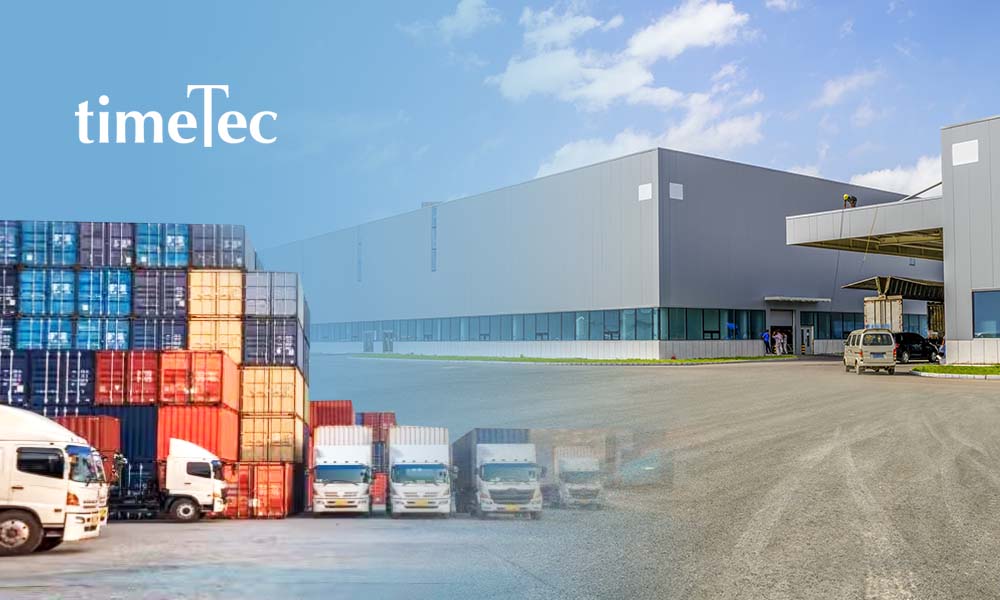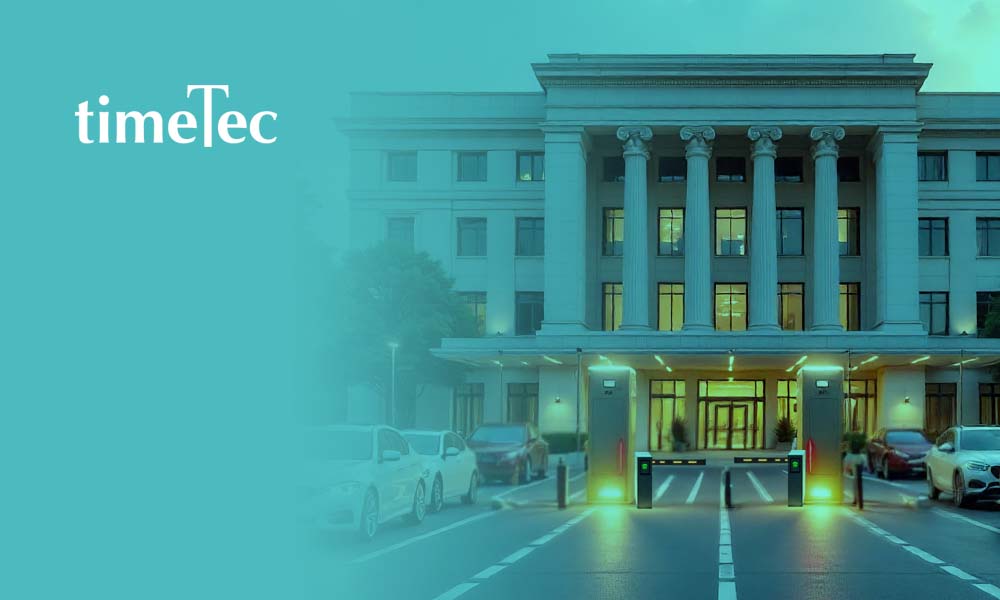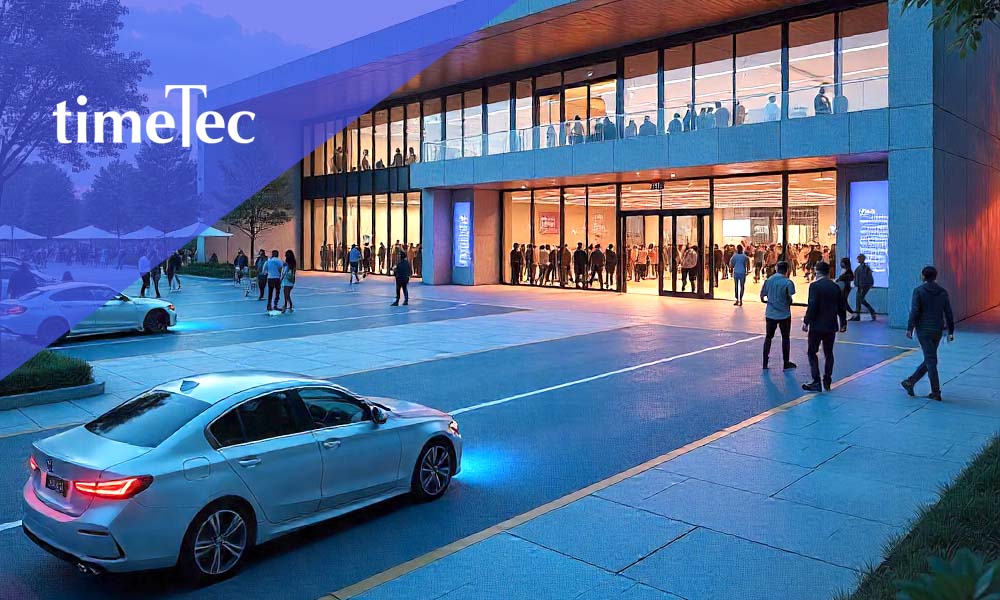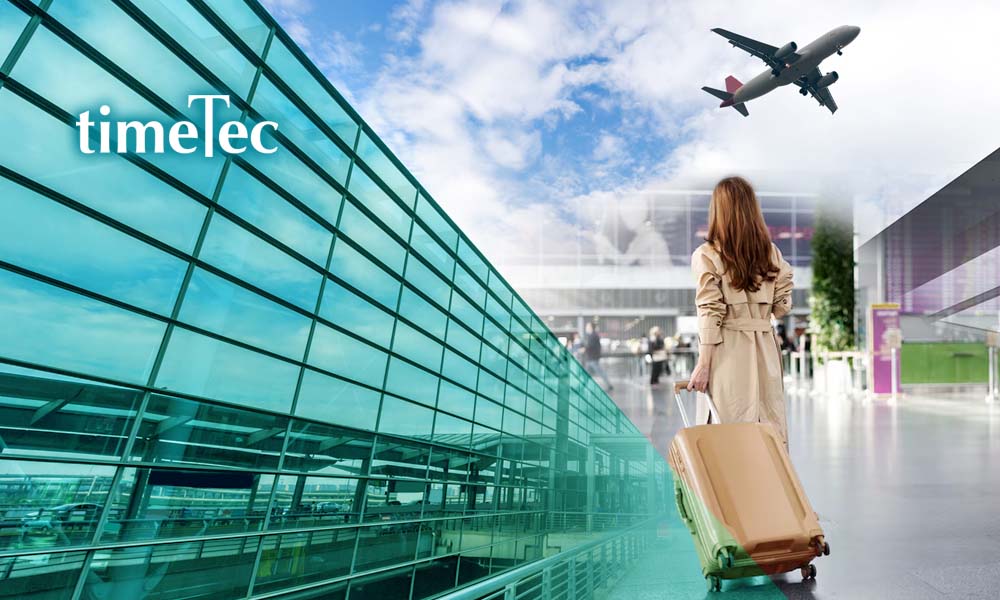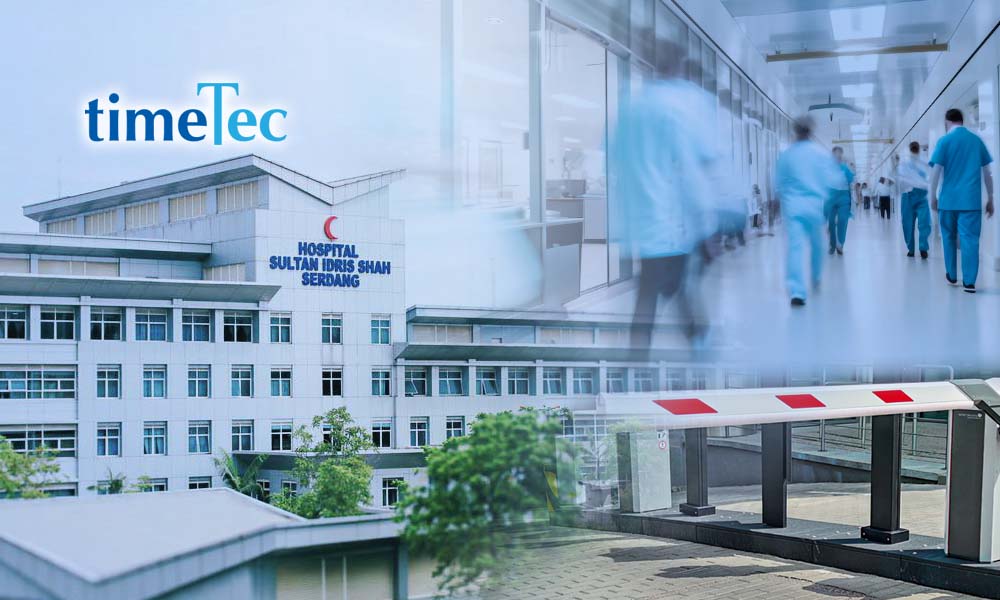Introduction: Parking as the Backbone of Industrial Operations In industrial parks and logistics hubs, parking is more than just storage space for cars. It is […]
Essential Features Every Theme Park & Tourist Attraction Parking System Should Have
Introduction: Parking as the Start of the Fun For theme parks and tourist attractions, the visitor experience begins the moment guests arrive. Long queues, unclear charges, […]
Essential Features Every Government Building Parking System Should Have
Introduction: Parking as a Critical Part of Public Service Government buildings are hubs for both civil servants and the public. Whether it’s a ministry, municipal office, […]
Essential Features Every Convention & Exhibition Centre Parking System Should Have
Introduction: Parking as the First Impression of Every Event At convention and exhibition centres, parking is often the first touchpoint for visitors, exhibitors, and VIP guests. […]
Essential Features Every University & Educational Campus Parking System
Introduction: Parking as Part of the Campus Experience For universities and educational campuses, parking is more than a utility, it’s part of the daily rhythm of […]
Essential Features Every Residential Property Parking System Should Have
Introduction: Parking as the Heart of Community Living In residential properties, whether condominiums, serviced apartments, or gated communities, parking is more than just a facility. […]
Essential Features Every Office Tower Parking System Should Have
For office towers, parking is more than a utility, it’s part of the daily work routine for tenants, staff, and visitors. Long queues, inefficient season pass management, […]
Essential Features Every Airport Parking System Should Have
Introduction: Parking as the Gateway to the Passenger Journey For many travelers, the airport experience begins and ends in the parking lot. A stressful parking process […]
Essential Features Every Hospital Parking System Should Have
Introduction: Why Hospital Parking Matters More Than Ever Hospital visits are often stressful. Patients, visitors, and staff need a smooth, reliable, and secure parking experience. Long […]
